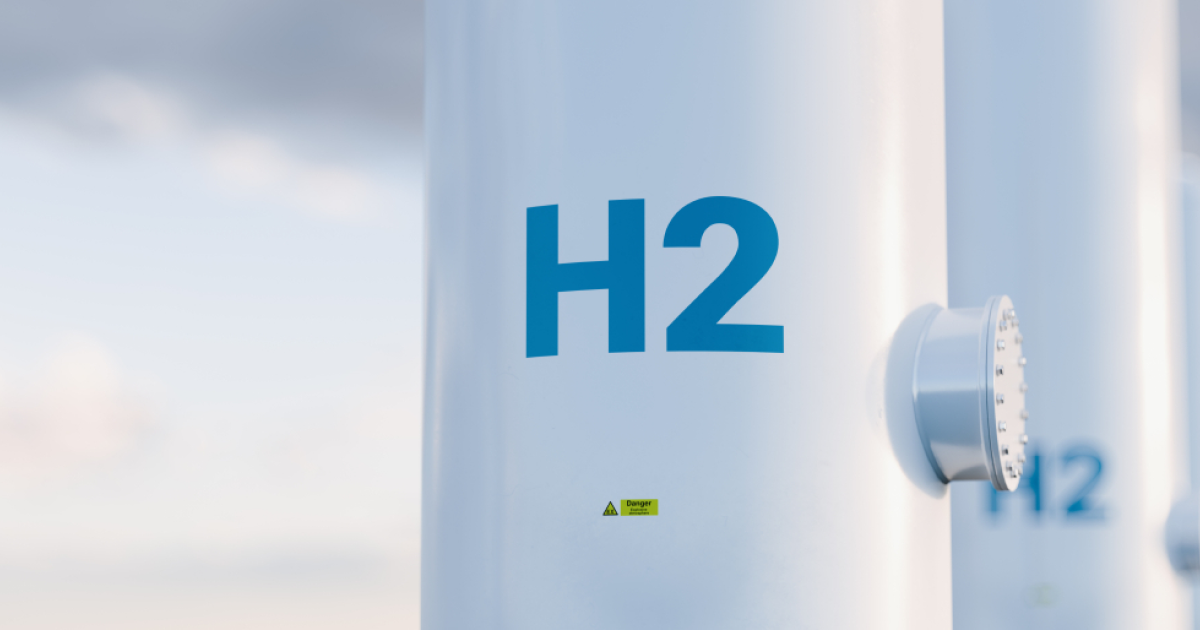European Commission Approves €400 Million for Spain's Renewable Hydrogen Production
Key Ideas
- The European Commission has approved €400 million in state aid to Spain for developing renewable hydrogen production, supporting the green transition.
- The funding will enable the construction of 345 MW of electrolysis capacity, producing 221 thousand tons of renewable hydrogen and avoiding one million tons of CO2 emissions.
- Projects must adhere to EU requirements for renewable fuels of non-fossil origin (RFNBO) and will receive direct subsidies for hydrogen production over ten years.
- The initiative aligns with Spanish targets of installing 12 GW of electrolyzers by 2030 and is part of broader EU efforts under REPowerEU and the EU Green Deal.
The European Commission has allocated €400 million in state aid to Spain to support the development of renewable hydrogen production as part of the Auctions-as-a-Service mechanism of the European Hydrogen Bank. This investment aims to facilitate the decarbonization of industry and reduce reliance on fossil fuels. The funding will enable the establishment of 345 MW of electrolysis capacity and the production of 221 thousand tons of renewable hydrogen, leading to the avoidance of approximately one million tons of CO2 emissions. Projects seeking support must meet EU requirements for renewable fuels of non-fossil origin (RFNBO) and will receive direct subsidies for each kilogram of hydrogen produced over a maximum of ten years. The selection process is overseen by the European Agency for Climate, Infrastructure and Environment (CINEA) to ensure transparency and fair competition within the EU. This initiative aligns with Spain's goal of installing 12 GW of electrolyzers by 2030 and is part of the wider EU strategy under REPowerEU and the EU Green Deal. Additionally, the European Commission has also approved a €5 billion program for Germany to aid in decarbonizing production processes for companies covered by the EU Emissions Trading Scheme (ETS) through bilateral carbon contracts.
